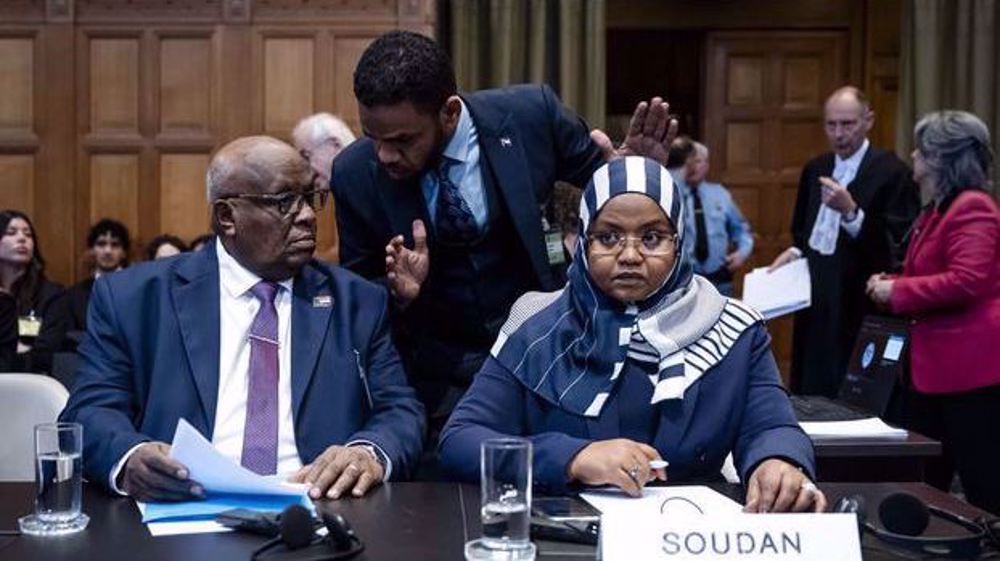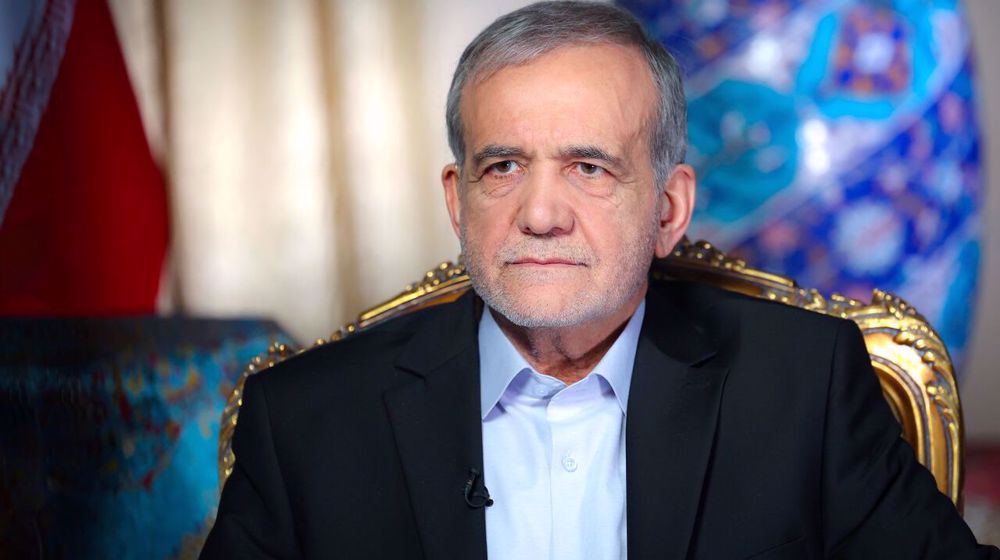HRW calls on Qatari gov't to step up labor reforms
Human Rights Watch (HRW) has urged the Qatari government to intensify efforts to better conditions for migrant workers in the Persian Gulf Arab state.
"I think it is right the reforms aren't going far enough and they are not going fast enough. There is no timetable for reform," Nicholas McGeehan, the HRW's Qatar researcher, said at a press conference in the Qatari capital, Doha, on Thursday.
He called on Qatari officials to take "stronger action" to improve the working conditions of workers in the country, criticizing those who say no to labor reforms.
"We need to see much stronger action on those and that's what's not being addressed, so that's really where our main concerns lie," he said, adding, "There are two camps [within the government] and unfortunately the naysayers are winning the battle at this stage.”
He further called on Qatari officials to accelerate the process of implementing a wage protection system “very soon.”
"There is clearly a depth of opposition to reform that is holding back the process" of labor reforms in the Arab country, he added.
He said the Qatari government is “responsible” for and should revise labor problems, including the “kafala" sponsorship system in the country.
In May 2014, the Qatari monarchy said it would change the sponsorship system, which allows Qatari employers to stop their foreign workers from leaving the country or changing jobs, with a new system based on employment contracts.
According to the new law, the exit permit required for migrant workers to leave Qatar will be replaced by a system under which permission is given automatically after a three-day grace period.
Foreign workers could also change their jobs when their contracts terminate, without requiring a certificate to show their previous employer has no objection.
Based on the new law, employers who confiscate the passports of their workers would face tougher penalties.
“We intend to effect meaningful and lasting change for the benefit of all those who live and work in Qatar,” the Labor Ministry said in November 2014.
The treatment of migrant workers in Qatar has sparked international criticism in the wake of reports of deaths at construction sites.
The International Trade Union Confederation stated in June last year that up to 4,000 migrant workers could die in construction site accidents by 2022, when the 2022 FIFA World Cup kicks off.
Human rights groups and FIFPro, the global union representing footballers, have called on Doha to abolish the kafala system, which has been compared to modern-day slavery.
IA/NN/MHB

Sudan takes UAE to World Court over 'genocide' in Darfur

Pezeshkian: Iran seeks stronger ties with neighboring countries

Qatar joins Israel for 'side by side training' in aerial drills in Greece
Many wounded civilians die under Gaza rubble due to lack of equipment: Civil Defense
'Ugliest form of genocide': Palestine condemns Israel's attack on Gaza hospital
VIDEO | Press TV's news headlines
VIDEO | Israel renders the only operating hospital in Gaza out-of-service
Leader: Ill-wishers furious with Iran’s increasing advances
Jeffrey Sachs: West Asia will see no peace until US is out
The implications of Trump’s trade war for Iran
Iran: Indirect talks with US strictly limited to nuclear, sanctions issues







 This makes it easy to access the Press TV website
This makes it easy to access the Press TV website